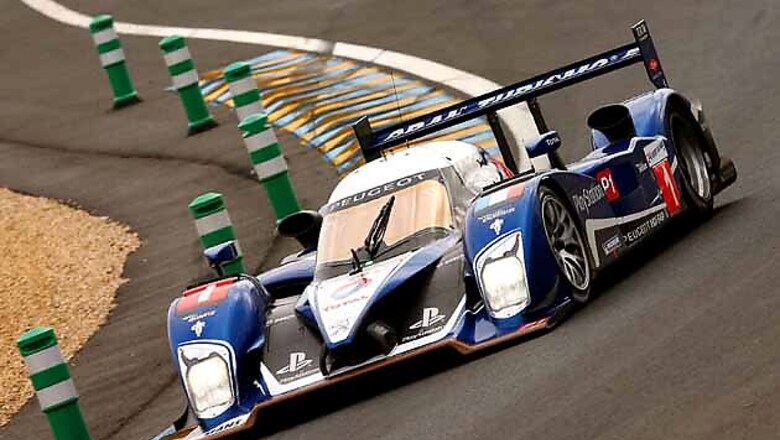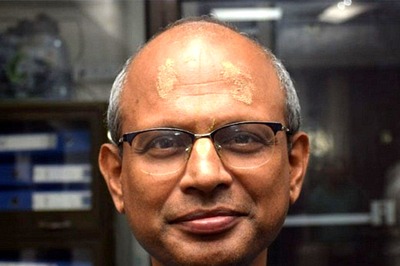
views
London: Formula One's governing body needs to crack down on dangerous behaviour in feeder series like GP2 to improve safety standards in grands prix, according to Austrian Alexander Wurz.
A lively debate has been going on in Formula One since inexperienced French driver Romain Grosjean was banned for last weekend's Italian Grand Prix for causing a pile-up in Belgium the previous Sunday.
Grosjean will be back for Singapore next week and his Lotus team say he has learned a lesson from spending time watching and listening in the garages at Monza while Belgian Jerome d'Ambrosio drove his car.
The Spa accident saw Grosjean's car lift up over the front of the Ferrari of championship leader Fernando Alonso, narrowly missing his head, in a collision as the field funnelled into the first corner.
Wurz, lucky to have escaped injury in a similar incident in Australia in 2007 when David Coulthard's Red Bull flew over his Williams, said drivers coming into Formula One needed more awareness instilled in them in the feeder series.
"Things like the start collision with Romain can and will always happen," the Austrian, who retired from F1 in 2007 and has a road safety training business as well as acting as a driver mentor for Williams, told Reuters.
"But especially looking at GP2 races, which is the feeder series, the driver standards there are appalling - bad, very bad - and they are coming in to F1.
"It's something we clearly must work on that the feeder series are very strict and of the same standard as F1. And we have to achieve this and address it very quickly."
Wurz suggested this would involve the governing International Automobile Federation (FIA) making sure rules and penalties were applied with the same rigour as in F1 by stewards and the race director.
Australian Mark Webber agreed that the newcomers, including Williams' Venezuelan Pastor Maldonado who has had a string of penalties in F1 this season, needed to be educated about the dangers and to take responsibility.
Grosjean and Maldonado are both ex-GP2 champions and recognised as quick but also very aggressive.
Formula One has not had a driver fatality in a race since Brazilian triple champion Ayrton Senna died at Imola in 1994. Michael Schumacher, 43 and driving for Mercedes after his glory years at Ferrari, is now the only driver still on the starting grid to have taken part in that fatal grand prix weekend.
A new 'Playstation' generation has arrived that is used to seeing racers walk away or escape unhurt from massive smashes.
"In the last 10 years, the level of aggressiveness has ramped up a bit just because guys know that usually they'll be able to walk away from a crash," Webber, 36, wrote in a BBC column on Wednesday.
"But you can be aggressive and safe or aggressive and unsafe. I've always said F1 is not a finishing school when it comes to racing."
Webber pointed out that the nature of racing this year, with the Pirelli tyres and DRS rear wing system making it easier to overtake, meant drivers did not have to be so 'desperate' at the start.
"You do need to get involved but some guys are having more incidents than the others and they need to take that on board," said the Red Bull driver. "We should be the best at what we do, racing in all conditions on all kinds of tracks, and driver etiquette has to match that."


















Comments
0 comment